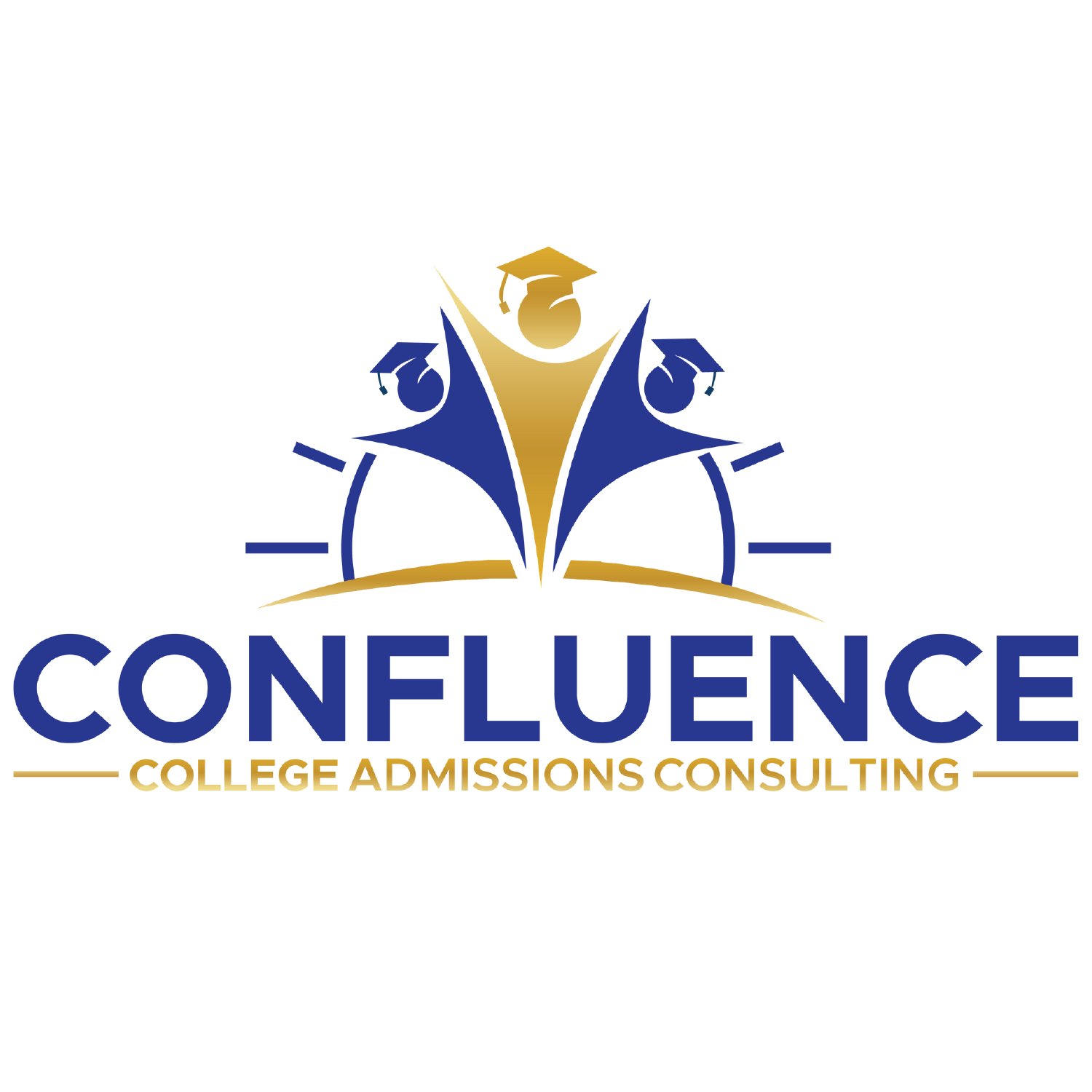Comfort with discomfort
This week Wesleyan University president Michael S. Roth wrote an opinion piece for the New York Times, pushing back against the conventional wisdom that high school students should look for a college where they feel "comfortable." The idea of "comfort," he argues, could be interpreted to mean finding a place where other people look, act, and think they way you do. Roth suggests thinking in another way: students should look for colleges where they will "encounter ideas and experience cultural forms that push them beyond their current opinions and tastes."
I agree with Roth's reasoning. If you attend a college that is very similar—geographically, demographically, ideologically—to the high school attended, or where most of the student thinks and behaves the way you do, you may miss out on an important growth opportunity.
That said, the optimal type of education you're looking for can be elusive and difficult to define. Diversity of opinion is a good thing generally, but diversity for diversity's sake isn't great if it isn't accompanied by critical thinking. A culture where campus activism and protests are welcomed can be a sign of robust care and concern for the state of the world, but under less optimal conditions it also can create a campus culture that is ideologically rigid. Professors who design courses to address thorny problems create a forum where students can sort through complicated issues, so long as the professor treats all thoughtfully considered perspectives fairly. Ideas should be under constant critical examination, while at the same time, individuals should always be made to feel safe.
The tricky part is knowing which campuses foster healthy intellectual debate, and which ones don't. I think Edward Fiske's annual guide to colleges does a good job of looking under the hood at campus culture. Reading the student newspaper can be illuminating if you want to get a sense of what perspectives are welcomed on campus. Colleges That Change Lives is a robust list of colleges that teach students vital critical thinking skills.
I'm here to help! Use the contact form on my website to reach out and schedule your free one-hour consultation.
